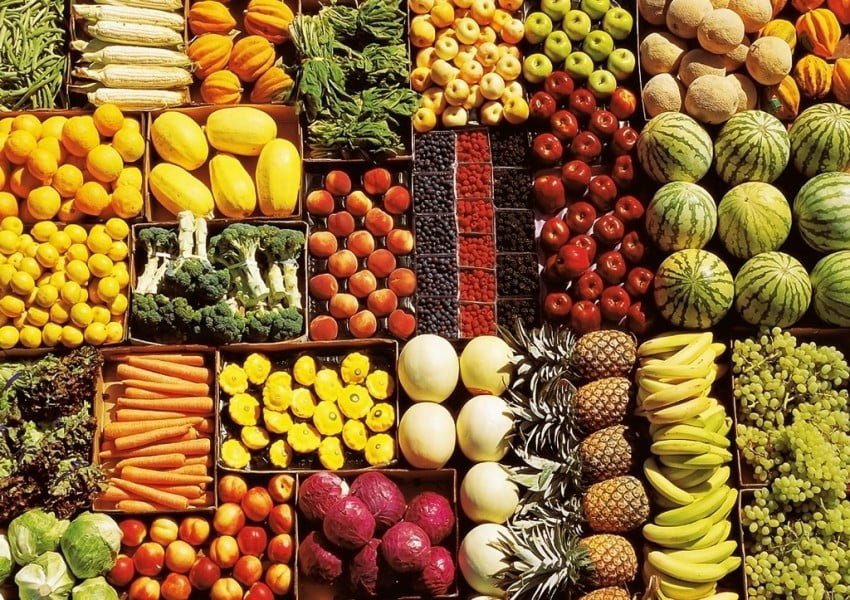According to EastFruit there were several cancellations of previously agreed shipments of fruits and vegetables to Russia recently from Turkey, Egypt and Iran cause by sharp devaluation of Russian ruble and new currency risks while trading with this country. Here is a deep dive into the overall situation, which cause these problems.
Galloping Weekly Inflation
Russia is currently experiencing galloping weekly inflation, with consumer prices rising by 0.37% in the latest week. This has pushed the year-to-date inflation rate to 7.4%, nearing the central bank’s full-year estimate of 8.0-8.5%. However, economists do not trust these officially declared numbers and estimate that the real inflation in 2024 could be as high as 40-60%, which corresponds to an average increase in retail food prices. Central Bank’s efforts to curb the inflation via increasing refinancing rate have had zero impact.
To put this into perspective, Russia last experienced such high inflation rates in the 1990s. This period was marked by significant economic turmoil following the dissolution of the Soviet Union. However, at that time prices for oil and gas, key revenue generators of Russian budget, were much lower than today.
Read also: Bartering mandarins and potatoes for lentils – Russia is returning to barter in trade with Pakistan
Vegetables and Potatoes: A Price Surge
Among the main products blamed for high inflation are vegetables, potatoes, and fruits, with prices soaring significantly:
- Potatoes: Prices have surged by 350% since last December, primarily due to unfavorable weather conditions and reduced planted areas.
- Vegetables: Items like cucumbers have almost tripled in price over the year, with an average wholesale price now 2.8 times higher than last year.
- Fruits: The Russian ruble has lost about 20% of its value against the dollar since early August, exacerbating inflation. This devaluation has made imported goods, including fruits, more expensive, further driving up prices.
- Detailed fruit and vegetable price analyses were provided in the recent EastFruit article but since that time the prices increased even more.
- The situation will get only worse as the demand picks up before the holidays while domestic stocks dry out. The season of mass importation of greenhouse vegetables has also begun, and they are always much more expensive than the local produce.
Cancellations of Fruit Export Contracts
Due to the growing currency exchange risks and the sharp devaluation of the ruble, Russia has seen cancellations of fruit export contracts from Egypt, Turkey, and Iran. Exporters from these countries are more cautious now and are demanding price re-negotiations to reflect the increased exchange rate risks.
Impact on Consumers and Businesses
The inflationary pressures are keenly felt by consumers, with basic food items becoming increasingly unaffordable. Businesses, especially in the dairy and horticultural sectors, are struggling with rising costs for raw materials, logistics, and wages. The central bank’s interest rate hike to 21% has shown no signs of dampening inflation so far. Moreover, the government of Russia traditionally pays for a large chank of government contracts in December, which will put even more pressure over ruble.
Outlook
In summary, Russia’s galloping inflation, driven by rising vegetable and potato prices, sharp currency devaluation and huge costs of 3-years long attempts to capture two regions of Ukraine, are creating significant economic challenges. The cancellation of fruit contracts and demands for price re-negotiations further complicate the situation, highlighting the need to stop the war against Ukraine as soon as possible. Otherwise, Russian economy and its currency are facing the worst collapse since the breakup of the Soviet Empire.
Maintain full control over fruit and vegetable prices in Turkey, Egypt, Ukraine, Uzbekistan, Russia, Moldova and other markets subscribing to EastFruit Premium.
The use of the site materials is free if there is a direct and open for search engines hyperlink to a specific publication of the East-Fruit.com website.




